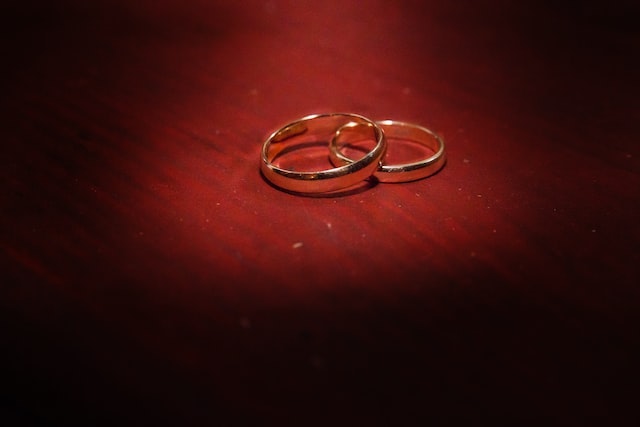How individual therapy can help relationship issues


Close relationships can play a large role in our health and happiness. But they can be hard—whether they’re with a romantic partner, family member or friend. Sometimes, conflict rears its ugly head. Other times, we drift apart. Often, we simply don’t see eye to eye.
No matter the relationship or what has got you down, talking about the problem can help. Understanding your wants and needs for a relationship or situation will bring clarity to your interactions with the people you care about.
“Talking to a therapist can help you reconnect with yourself and your loved ones. This, in turn, can help figure out and discuss what you want in the relationship,” says psychiatrist Dr. Aron S. Wolf, Senior Mental Health Consultant at HealthiestYou/Teladoc Health.
Read on for ways therapy can help and how solid communication is key for great relationships.
Log in to the HY App and Schedule a visit. Communicate for connection: talk and listen
If you’re having stress or trust issues in a relationship, think about how you have serious and everyday conversations. If you or your partner talk in an aggressive, indirect or disinterested way, this can hurt the relationship.
Good communication helps you get closer to another person, learn about their motivations and share feelings.
Talk about what’s important about your day or why an issue matters to you. Leave space for your partner to respond and share their own opinions.
Be a good listener—hear and take in what another person says. Make eye contact, nod your head and keep body language open and accepting.
Ask questions—without interrupting—and listen to each response. Approach each conversation with interest and a desire to learn more.
Put the devices away and give your loved one the gift of your full attention. Don’t scroll through your phone, stare at the floor or cross your arms in defense, as this changes the tone of the discussion.
A solid connection is the ultimate relationship goal. By making the time and space to really talk and listen, the possibilities for closeness and discovery are endless.
If this open environment is lacking in your life, you’re not alone. You’re also not forced to live this way forever.
Try therapy to get to the heart of the matter
Our pasts are our own. From childhood to the current day, our experiences shape who we are and how we communicate. The basis for being a strong relationship partner or friend is having a strong sense of selfhood.
“A therapist can help you explore past hardships and other factors that impact how you behave in relationships,” says Dr. Wolf. Individual therapy can help you get to the root of your role in relationship challenges.
Your therapist can also give you tips on:
Active listening
Achieving open dialogue
Breaking down barriers
Maintaining boundaries
For example, they may suggest checking in with your partner during an important discussion with comments like, “What I heard you saying just then was…” or, “Let me see if I’ve understood you correctly….” That way, you become a more active listener and truth-seeker during the talk.
A large part of making—and keeping—healthy relationships is being open and honest about your struggles and weaknesses. No one is perfect. It’s OK to say, “I’m not sure,” “I behaved badly just then” or “I didn’t mean to hurt you.” Apologizing when you’re wrong and telling the truth will show how much you care.
If a relationship feels like it’s going downhill, you can go back to the basics and practice the skills your therapist taught you.
HealtheistYou/Teladoc therapists and psychiatrists are here to help
HY/Teladoc offers online individual therapy services to support your personal and relationship goals. Experts are available to talk by phone or video at a time that works best for you.
Photo by Tetiana SHYSHKINA on Unsplash